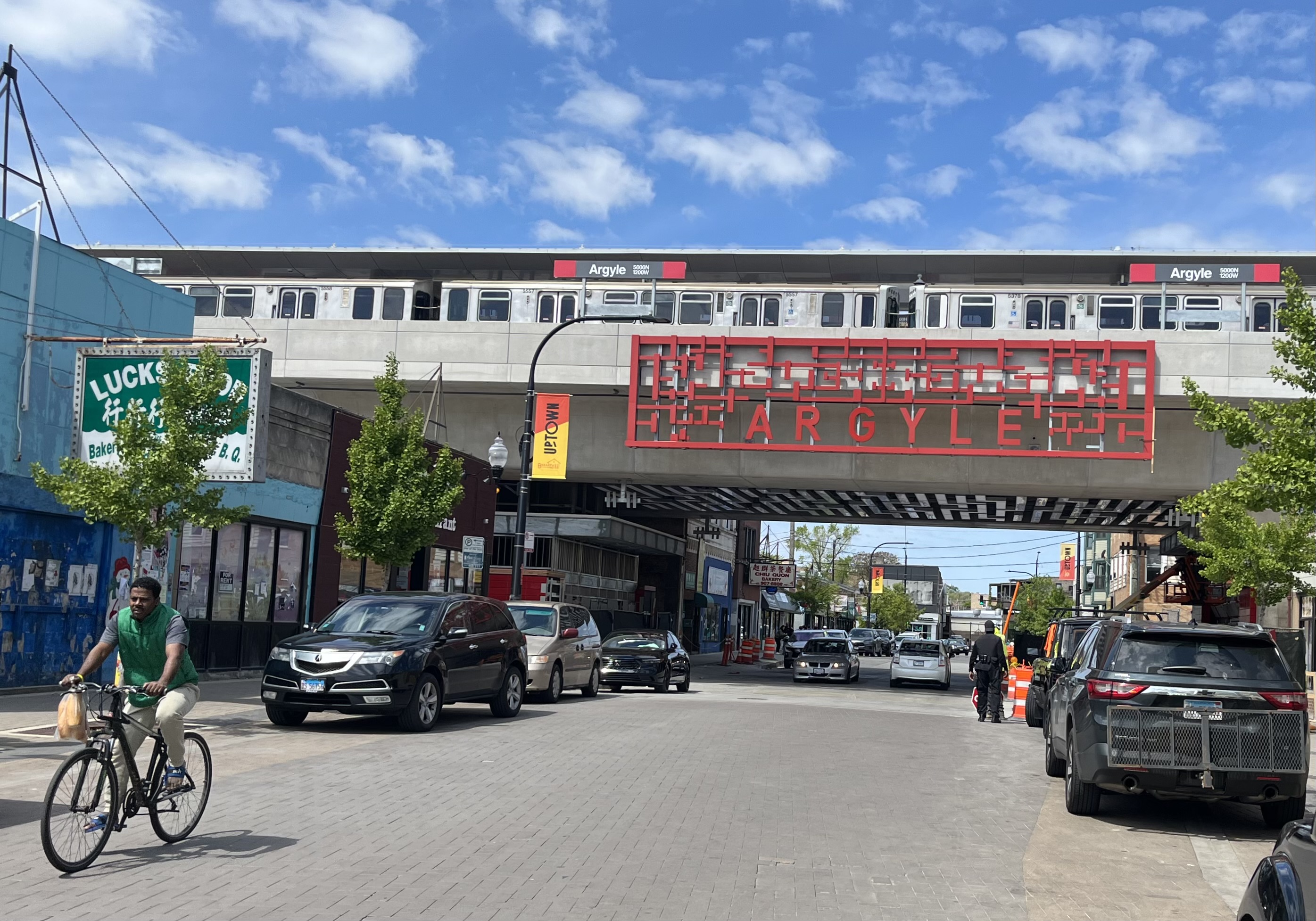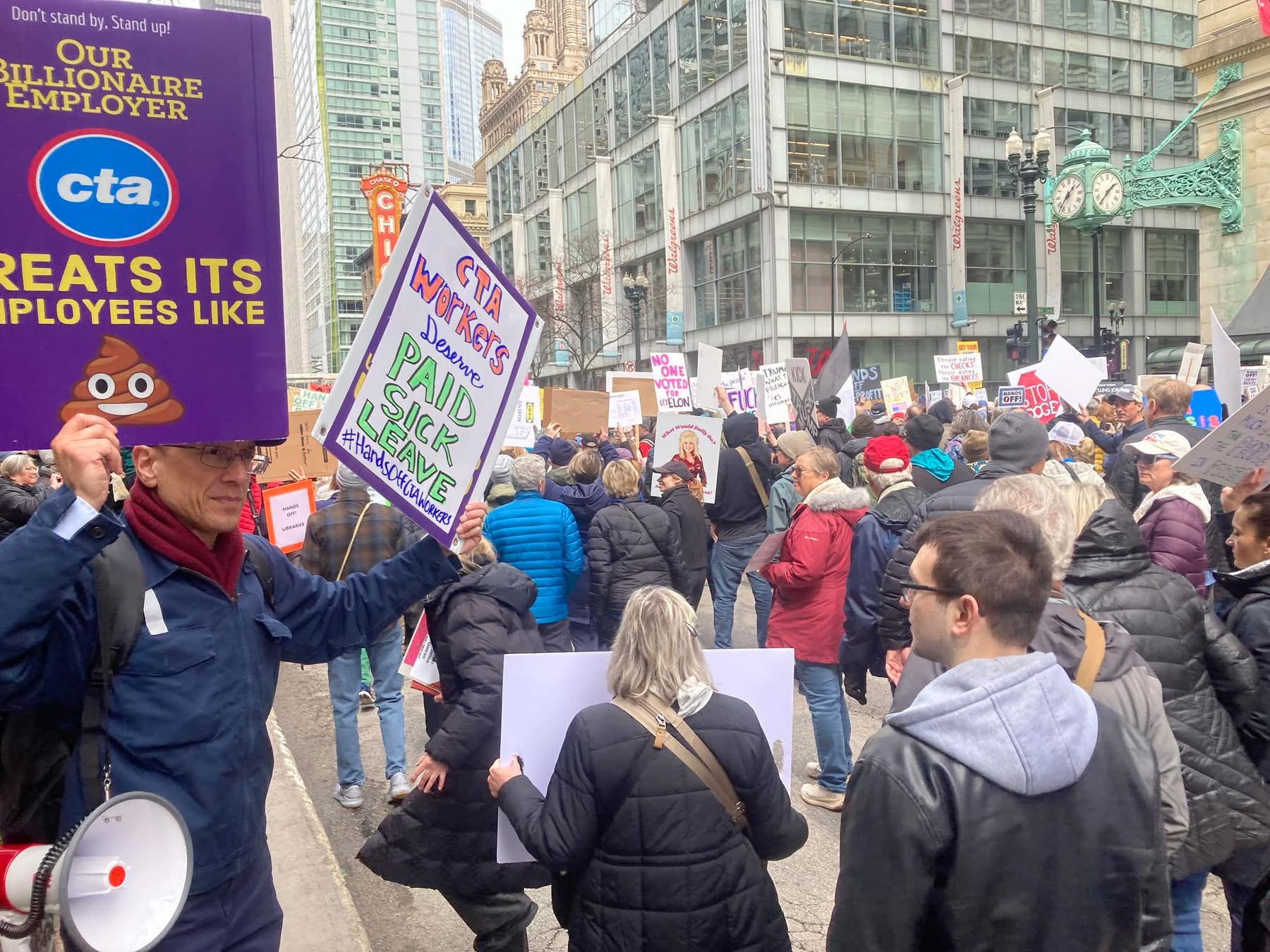An excellent recent Politico article "Overpasses -- A Love Story" -- took a close look at the policies of Republican Presidential hopeful Scott Walker and his big, big spending on highway infrastructure in Wisconsin. It's a pretty sick dynamic.

Highway interchanges in the state are becoming increasingly astronomical in size and in cost. And all that spending on road expansion means there's less to go around for repair. Ironically, it looks like the poor condition of the state's roads might swamp whatever marginal time savings may have resulted from Walker's highway-building bonanza, reports James Rowen at the Political Environment:
Yet while the state keeps building politically-enabled and pricey new lanes and wider ramps -- have you recently driven through the perpetual $1.9 billion 'improvement' to I-94 from Milwaukee to the Illinois border, or the $1.7 billion Zoo Interchange battle zone? -- the condition of Wisconsin's roads are now rated third-worst in the nation, data show.
So how telling was it yesterday that busy State Highway 45 north of its connection to the Zoo morass was closed for hours because huge potholes had opened up on the pavement: "The holes grew to nearly five feet by five feet -- a major traffic concern for motorists."
How would you like to run through at highway speed a pothole big enough to hold a couple of refrigerators?
And that's the second time in recent weeks a major Southeastern Wisconsin 'freeway' was closed for emergency repairs because of dangerously large potholes.What are we in for when the first late fall freeze-thaw cycle turns more of our roads into gravel?
Elsewhere on the Network today: Broken Sidewalk reports that Hillerich and Bradsby, the company that makes Louisville Sluggers, has donated a large asphalt lot so it can be transformed into multi-use community space. Walkable Jenkintown says this Pennsylvania borough could build a complete sidewalk system at a cost of $25 per resident, per year. And the Wash Cycle digs up evidence of a groundbreaking but forgotten piece of DC bike infrastructure built in the 1970s.




